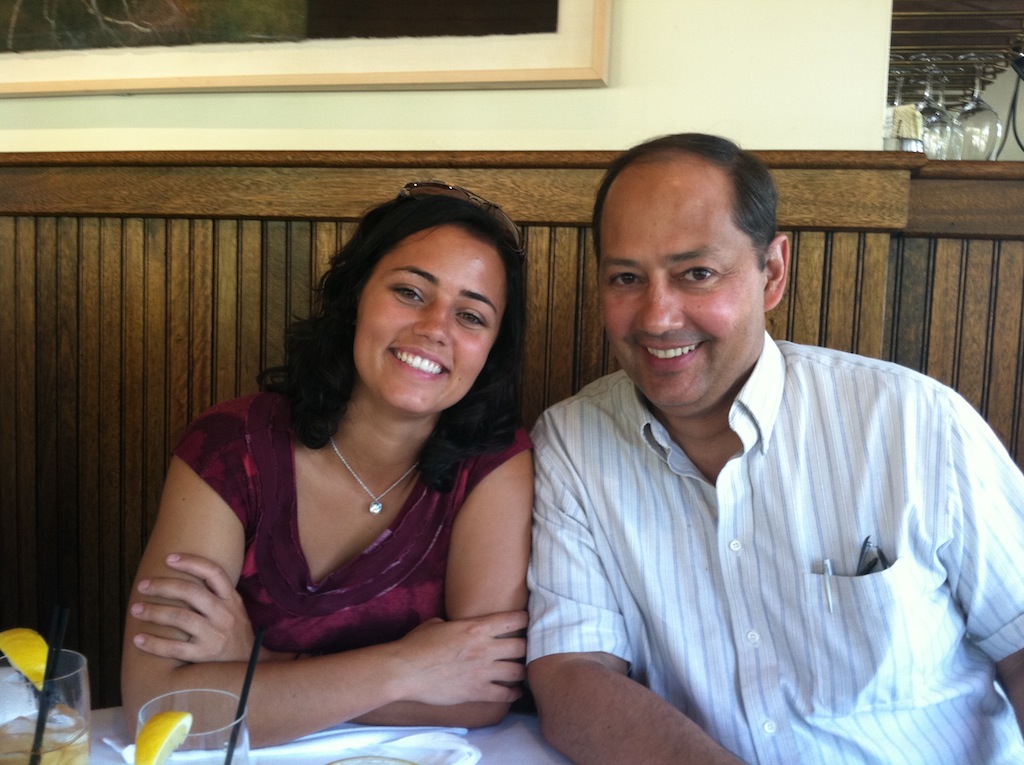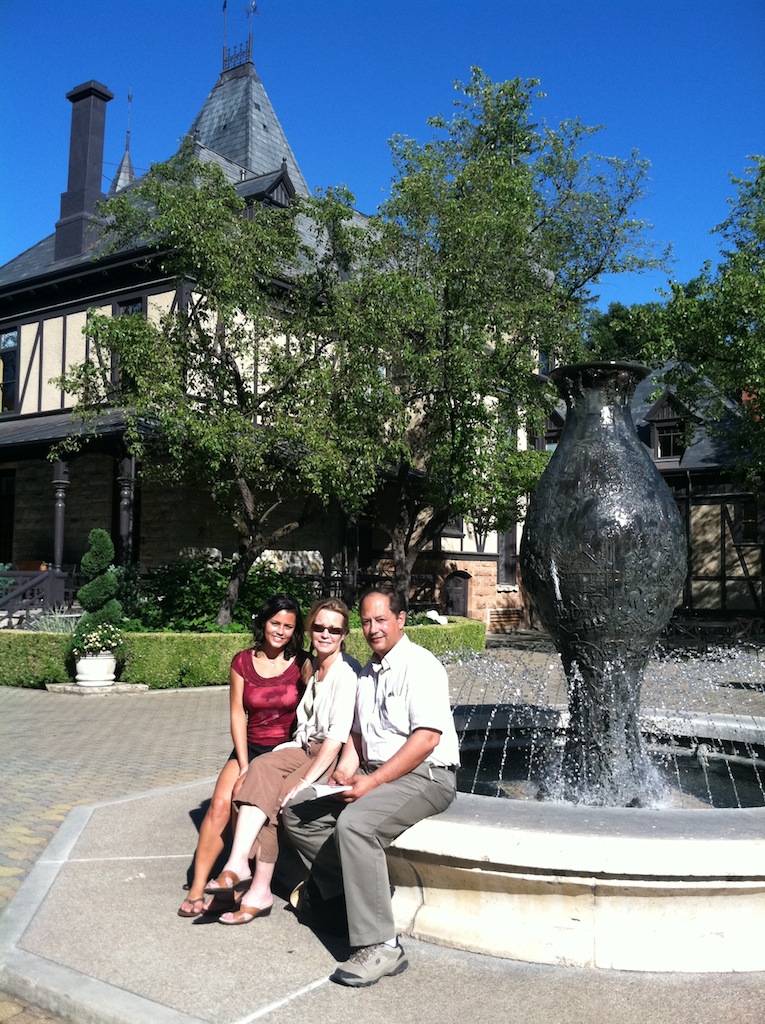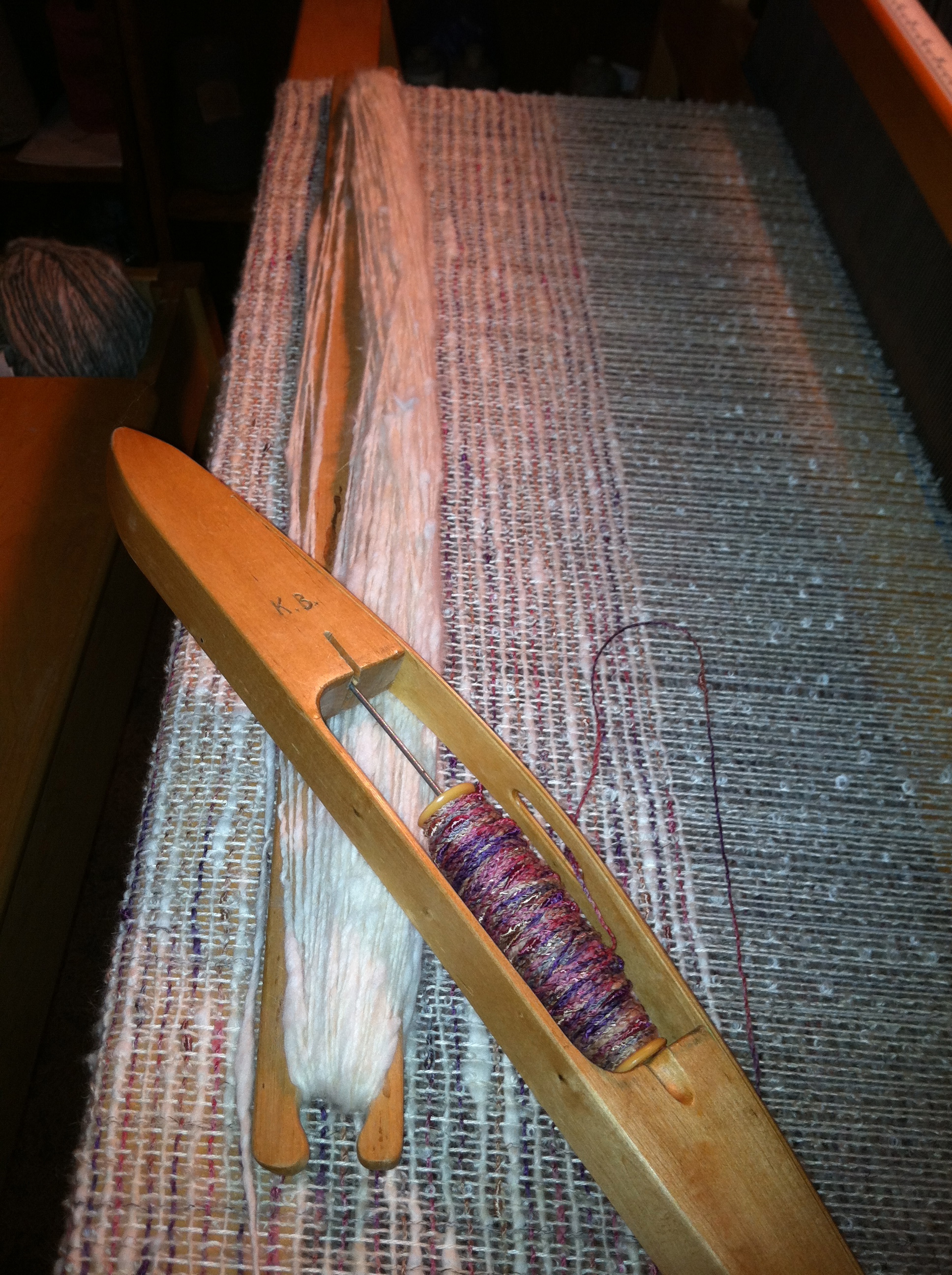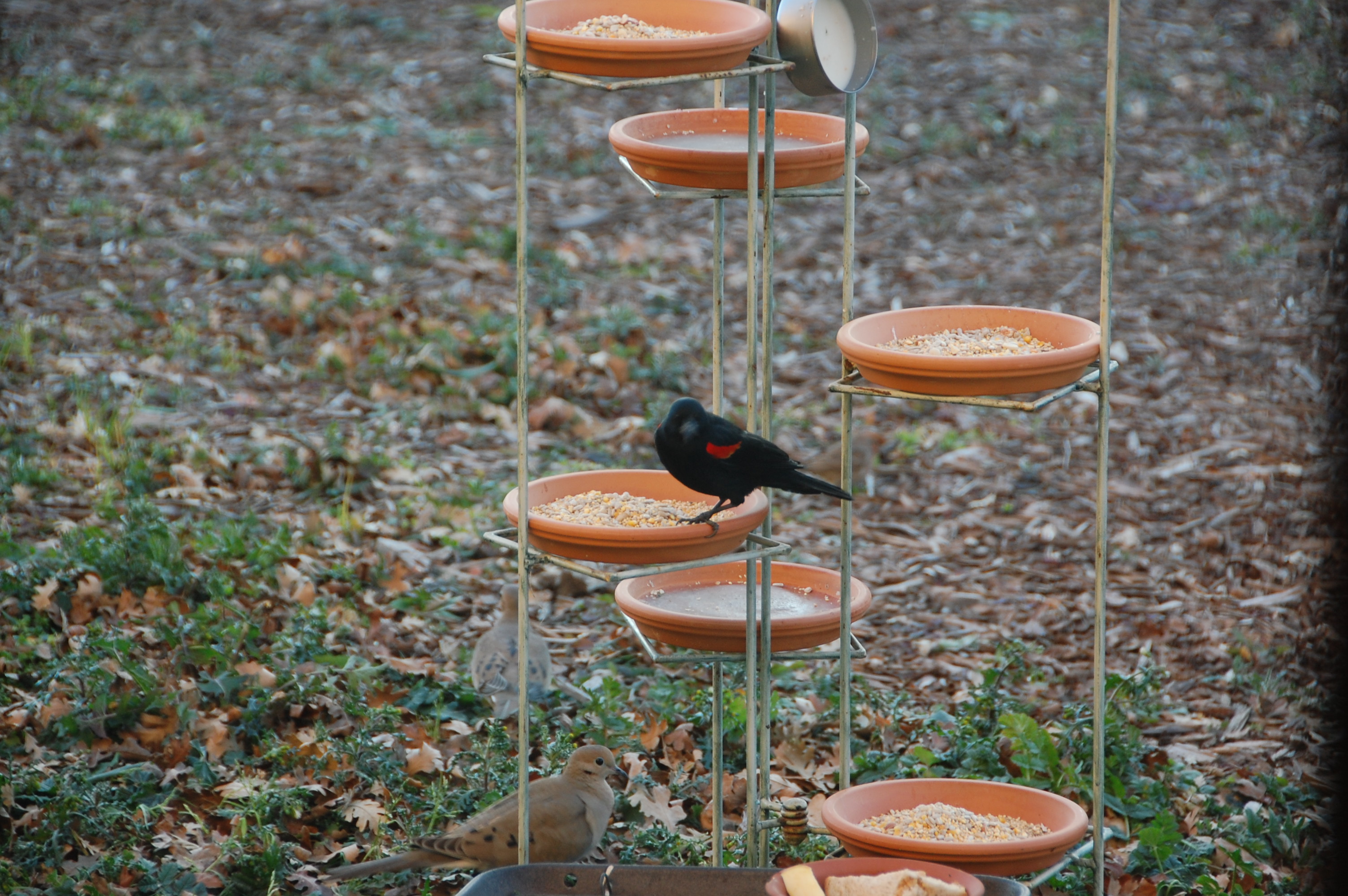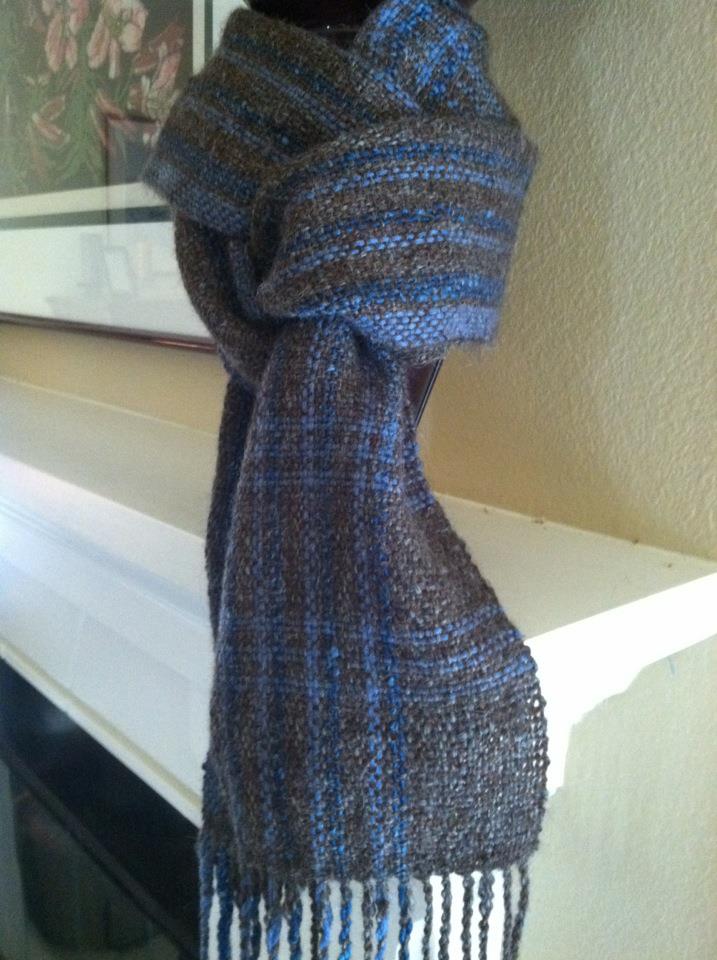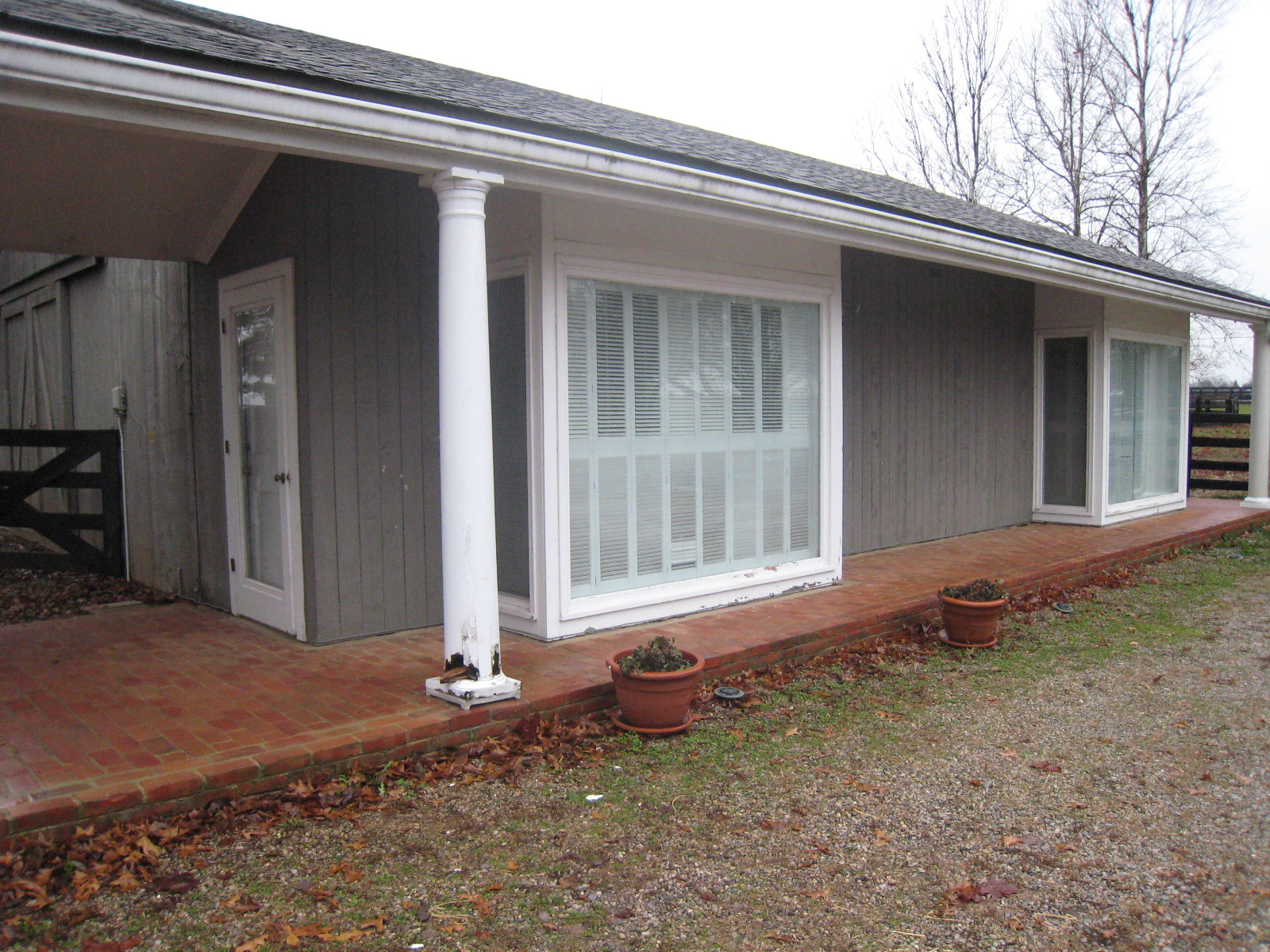“The secret of health for both mind and body is not to mourn for the past, not to worry about the future, or not to anticipate troubles, but to live in the present moment wisely and earnestly.” – Siddhartha Gautama (Buddha)
From Gail Sheehy’s Eight Labyrinths and the book Passages in Caregiving:
. . . . . . . . .
VI. Coming Back
This is the crucial turning. It now becomes clear that your loved one is not going to get well and will become more and more dependent and needy. You are approaching the center of the labyrinth. This is a place of sadness and reflection. You may touch the depths of despair. But it is here that caregivers who survive begin the effort of coming back to life. People often say, “I can’t wait to get my old life back.” But that is not the way it happens. You are changed by this long passage. You can’t go back to your old self. The middle of your journey is the time to begin thinking about Coming Back to find a new self. I know it sounds selfish, but the reality is that you will continue on the path of life. Your loved one is on a different path. There is peril in remaining so attached to your declining loved one that you lose your “self ” and go down with the person who cannot come back. Too many long-term caregivers retreat into isolation or addiction or depression, or unconsciously act out their despair that nothing will ever change. Caregivers sometimes set up their own illness or an accident, wishing they will be taken care of themselves.
What to do:
It is here, then, at the center of the labyrinth of caregiving, that we need to begin releasing our loved one. Letting go. It is a slow and painful process. Of course, most of us will rebound with any signs of hope that he or she is getting better. But releasing our attachment allows us to begin receiving images of our new life. Releasing and receiving is what the caregiver needs and deserves. It makes it easier to begin anticipating the grief of loss. This is the time to resist isolation and reach out to replenish your emotional attachments. Grandchildren? Old friends? A support group or a church group with people who will be eager to carry you across the abyss? Connect with other caregivers who will understand your situation so you can help each other. What were your lifelines before caregiving? Remember your former transports to joy, whether work or play. Pick them up again. Renew your efforts to find spiritual guidance. We all need some higher power to whom we can turn over our burdens and direct our prayers or meditations. Asking for reassurance that you will find the way out of the labyrinth is an active act of hope.
. . . . . . . . .
I think this one is a bit out of my experience range. My mother’s illness in the end, when I really looked back on it probably lasted 2 years, but it was really only the final 6-9 months that it’s intensity overcame my life and I was peeling off responsibilities left and right to give me some breathing room. I remember an older woman commented that it was really nice of me to give up my dining room for my mother. I looked at her with tremendous compassion and said, very simply, “Well, it’s not like it will be for very long.” It was such a sad realization for me. In many respects I was lucky, if you want to call it that. My mother’s need had a very finite period of time. I knew going in it was not going to be a lifelong endeavor for either of us. For those who have a much larger caregiving responsibility, you may be able to offer your expertise and guidance here as to whether what Ms. Sheehy presents is true or realistic. I know for me, I couldn’t think about Coming Back into a life of my own until I had met my obligation to my mother. I will tell you that the few times I ventured “out” it was awkward. I felt out of place and found it hard to carry on a light, nonsensical, unimportant conversation. If I had a different situation and one that would have gone on for years, such as caring for an elderly loved one perhaps with dementia I would have been able to appreciate this Labyrinth’s advice a bit more.
I met an 80 year old practicing pediatrician in Louisville, KY many years ago at a small gathering there. One he was incredibly well to do and very healthy. Sharp as a tack and a delightful conversationalist. Just the kind of guy you would have loved to take your own children too. Calm, practical, caring. Anyway, after he left the gathering, I learned that he was headed to the nursing home to have dinner with his wife who had dementia. They told me he ate dinner with her every evening and had for the past several years. I was so moved I almost cried. He apparently took her out once a year for the Derby, got her all dressed up and they spent the day at the races. It was the only way he could keep practicing his profession. What struck me as the biggest lesson here however was, he used the nursing home to care for her, but he didn’t deposit her there and forget about her. She didn’t know who he was but he never abandoned her. He found a way to make sure she was well cared for and looked after, and he did live his life, not at her expense but so he could keep her there, well cared for and have a life of his own as well.
I think the point is, you don’t have to do it alone and you have to figure out what will work best for you and your family, in addition to your loved one. I have met people in my life who have someone with a long term debilitating illness who do manage to get out and have a life. They have help and yet they are caring and responsible for the one they are caring for. I would take from this then, without personal experience, just as an observer, that you can indeed make adjustments in a way that can work. You just have to think outside the box and be willing to accept help, as well as accept the inevitability of what you and your loved one are facing.
I found in our long year plus of treatment and the aftermath, that being flexible and willing to make adjustments, understanding it was a very fluid situation helped me a lot to “go with the flow” as my mother used to say. I was fortunate to be able to make adjustments like not work and be available for Dave and his care. Not everyone has that situation. I’m always interested, and pleasantly surprised with how many patients and caregivers have extended family and friends that pull together to help take care of the pets, the children, the parents, whatever is needed during these times. Being willing to allow others in to assist, is vital in this process.










